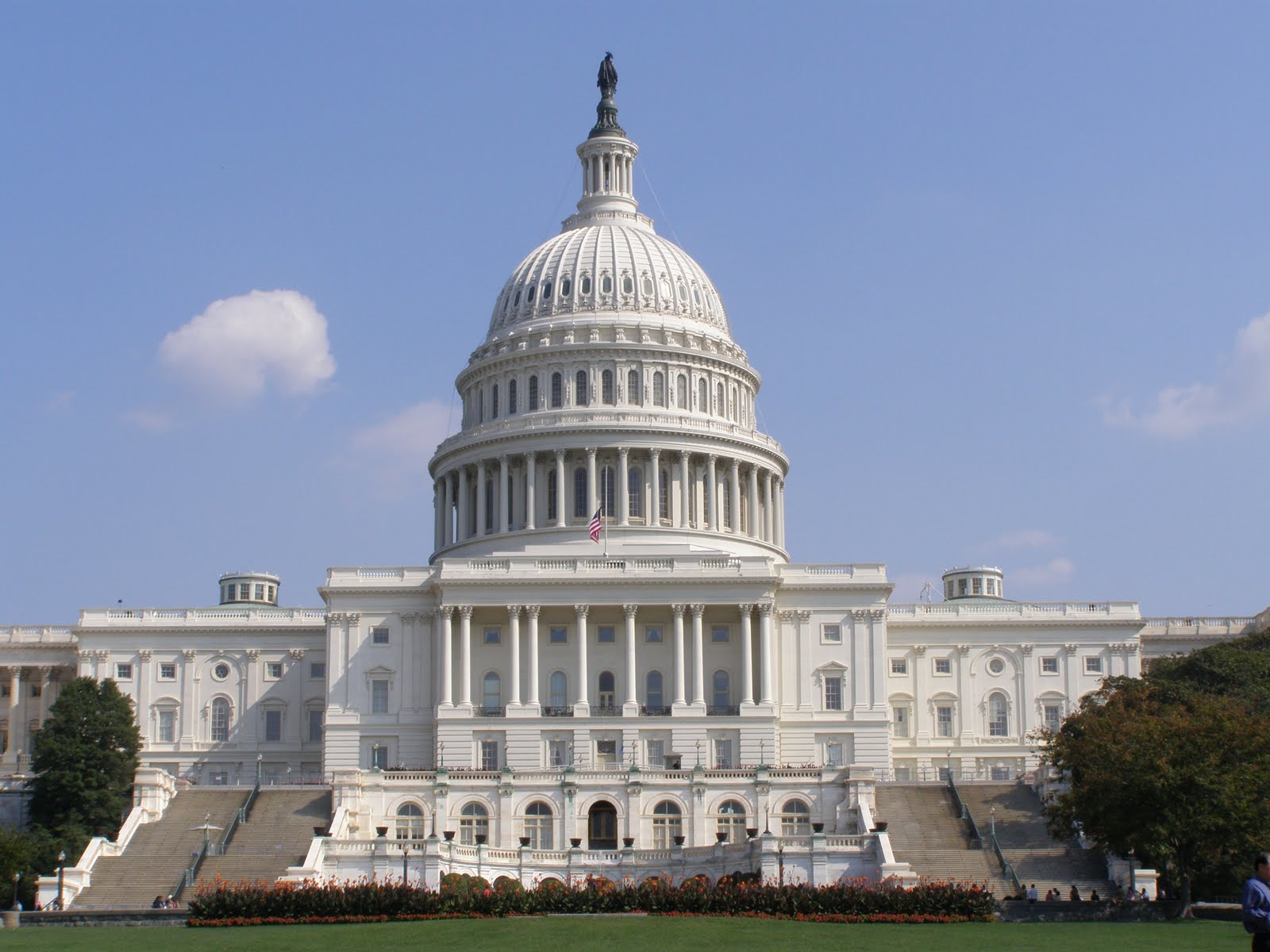Accounting
CPAs Visit Capitol Hill to Promote Business and Accounting Issues
The CPAs are also asking their lawmakers to support a fiscal state of the nation Congressional resolution calling for the Government Accountability Office Comptroller General (GAO) to make a presentation to a joint session of the House and Senate ...
May. 23, 2019

Several hundred CPAs from across the nation visited Capitol Hill in Washington, D.C. May 19-21 as a highlight of the American Institute of CPAs (AICPA) Spring Meeting of Council and Annual Members’ Meeting in Washington, D.C. The CPAs are meeting with lawmakers to discuss the accounting profession’s advocacy agenda.
At the top of the list are modernizing the Internal Revenue Service’s (IRS) approach to taxpayer services, changing the trigger that allows the IRS to grant deadline extensions when natural disasters occur, the growing importance of taxation of the digital economy and a Congressional resolution relating to the fiscal state of the nation.
“The AICPA is committed to supporting Congress, Treasury and the IRS in their efforts to ensure a service-oriented, modernized tax administration system,” said Barry C. Melancon, CPA, CGMA, president and CEO of the AICPA. “We believe that one of the best ways to improve taxpayer service is to consolidate existing IRS units into a IRS Practitioner Services Division so that taxpayer issues can be resolved more efficiently.” He explained that tax practitioners rely on many different IRS programs, processes and tools to resolve clients’ tax issues and that the operating systems for them do not easily communicate or integrate and do not have access to the same taxpayer information. Under the current IRS structure, they are located throughout the organization.
Congress can also help taxpayers by enacting legislation that would give the IRS the authority to postpone deadlines when a national disaster is declared by a state’s governor, often days before the disaster occurs, rather than waiting for a federal disaster declaration, Melancon said. “The current process delays the IRS’ ability to provide federal tax relief to impacted businesses and disaster victims until after the disaster occurs,” he said. “While the AICPA and state CPA societies have long supported a set of permanent disaster relief tax provisions, this legislation will allow the IRS to provide more timely assistance.”
The CPAs are also asking their lawmakers to support a fiscal state of the nation Congressional resolution calling for the Government Accountability Office Comptroller General (GAO) to make a presentation to a joint session of the House and Senate Budget Committees on the GAO’s auditor’s report of the U.S. government’s financial statements. Melancon said, “The accounting profession has long held the view that the federal financial statements provide important information that should be considered by policymakers in making key decisions. Enacting this resolution will ensure Congress is made aware of the information contained in the federal financial statements and that it better understands how current or future policy may affect the nation’s long-term fiscal health.”
In addition, the CPAs advocated for sound tax policy as they discussed with lawmakers the complex and unique tax challenges presented to governments and tax authorities around the world by the advancement of technology and the digital economy. “The existing international concepts of permanent establishment, physical presence and significant people functions were not designed to address digital transactions,” Melancon said. “Virtually every business, both domestic and multinational, either now has, or within the next five years will have, a digital component to its business model. The AICPA is actively engaged in the discussions taking place within the international tax community on these issues and continues to develop positions and recommendations on the various proposals as they are developed,” he added.
AICPA Council determines AICPA programs and policies and meets twice each year. The Council is made up of elected and appointed members from each of the 50 states, the District of Columbia, Puerto Rico, the U.S. Virgin Islands, American Samoa and Guam.
